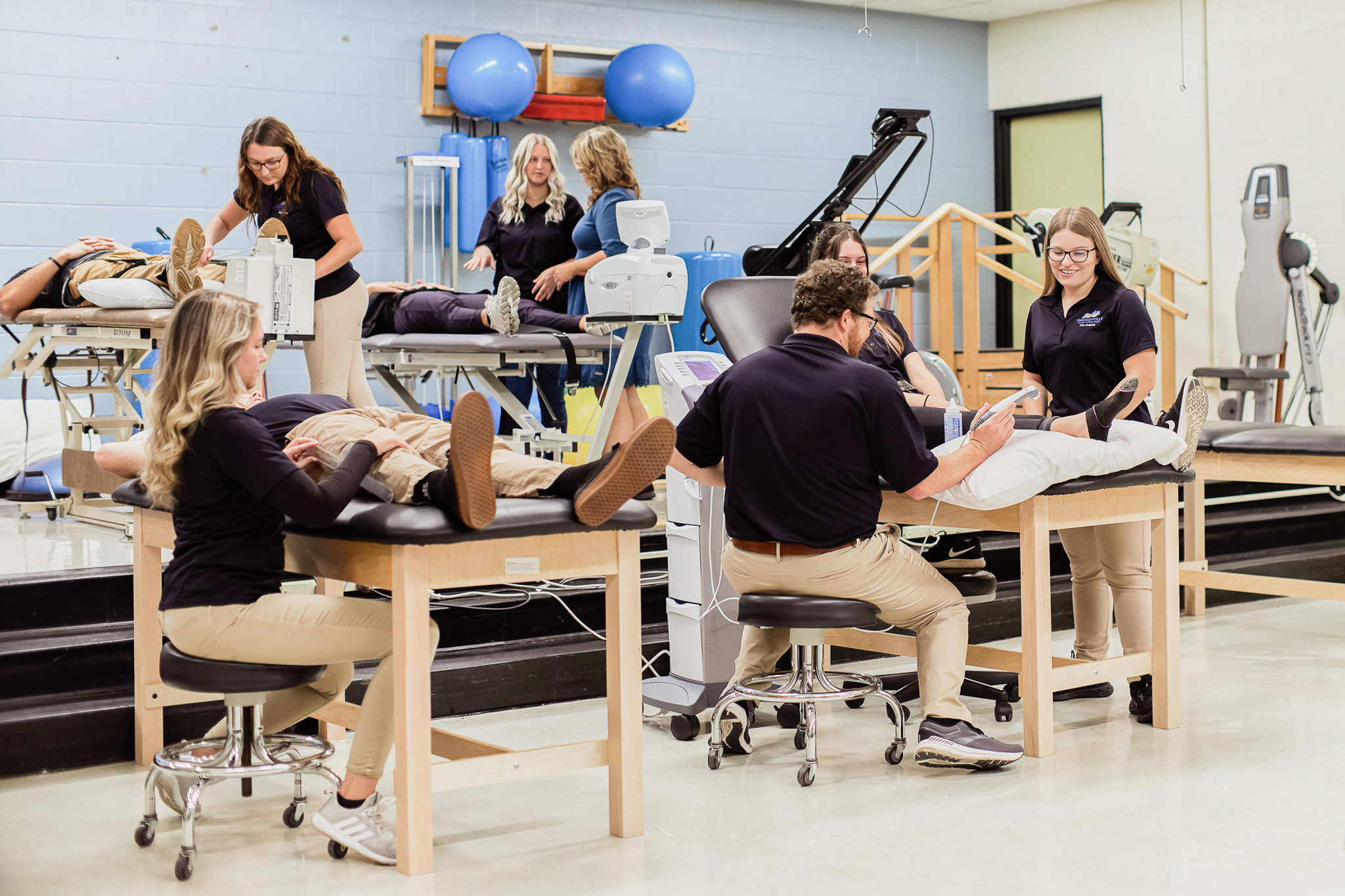Harnessing Psychological Strength to Optimize Outcomes in Sports Rehabilitation
Wiki Article
Mental toughness is an important attribute that can measurably elevate outcomes in physical recovery. Competitors often grapple with injuries that require time away from their sport, which can be both bodily and mentally straining. Mental resilience refers to the ability to remain strong and resilient in the face of obstacles. It helps performers manage the stress of injury recovery, stay concentrated on their milestones, and maintain determination throughout the rehabilitation process. By developing emotional stamina, individuals can optimize their recovery experience and return to their sport more capable than before.

An key aspect of building mental resilience is setting realistic targets. When individuals are recovering, it is important for them to have clear, achievable objectives during their rehabilitation. These milestones should be detailed, quantifiable, reachable, meaningful, and time-specific (SMART) principles. For example, instead of saying “I hope to heal quicklyâ€, an individual might set a goal like “I aim to do my rehab sessions thrice weekly for the next monthâ€. This helps patients assess their progress and keep their attention on what they can influence, reducing feelings of discouragement or despair.
Another key factor in building inner strength is maintaining a constructive mindset. Competitors should practice encouraging inner dialogue and mental imagery practices to foster a supportive mental environment. Self-reinforcing language involves replacing defeating thoughts with affirming statements. For instance, instead of thinking “I can’t do thisâ€, an individual could tell themselves “Each day I’m improvingâ€. Mental rehearsal can also be powerful; athletes can imagine themselves performing well in their sport as they progress. These practices help build mental fortitude and reinforce the belief that healing is possible.
Networks of support play a vital role in fostering mental resilience during rehabilitation. Sportspeople should stay connected with encouraging companions, loved ones, trainers, and medical professionals who understand the challenges of healing. Transparent dialogue with these trusted individuals allows athletes to express their thoughts, worries, and frustrations. Additionally, sharing experiences with other injured athletes can provide a sense of shared understanding and connection that makes the process easier. Knowing others have faced similar difficulties can encourage hope and motivate individuals to persevere.
Lastly, mindfulness practices can significantly improve an see this patient’s psychological well-being during rehabilitation. Mindfulness involves being attentive of one’s mental processes and feelings without bias. Practices such as guided mindfulness, deep breathing exercises, or restorative stretching can help individuals manage anxiety and emotional pressure related to their condition. By incorporating mindfulness into their regular habits, recovering individuals learn to stay present and focused on their progress, rather than dwelling on what they have been unable to do during their time off from training. This approach promotes mental clarity and encourages a more positive attitude visit here towards healing.